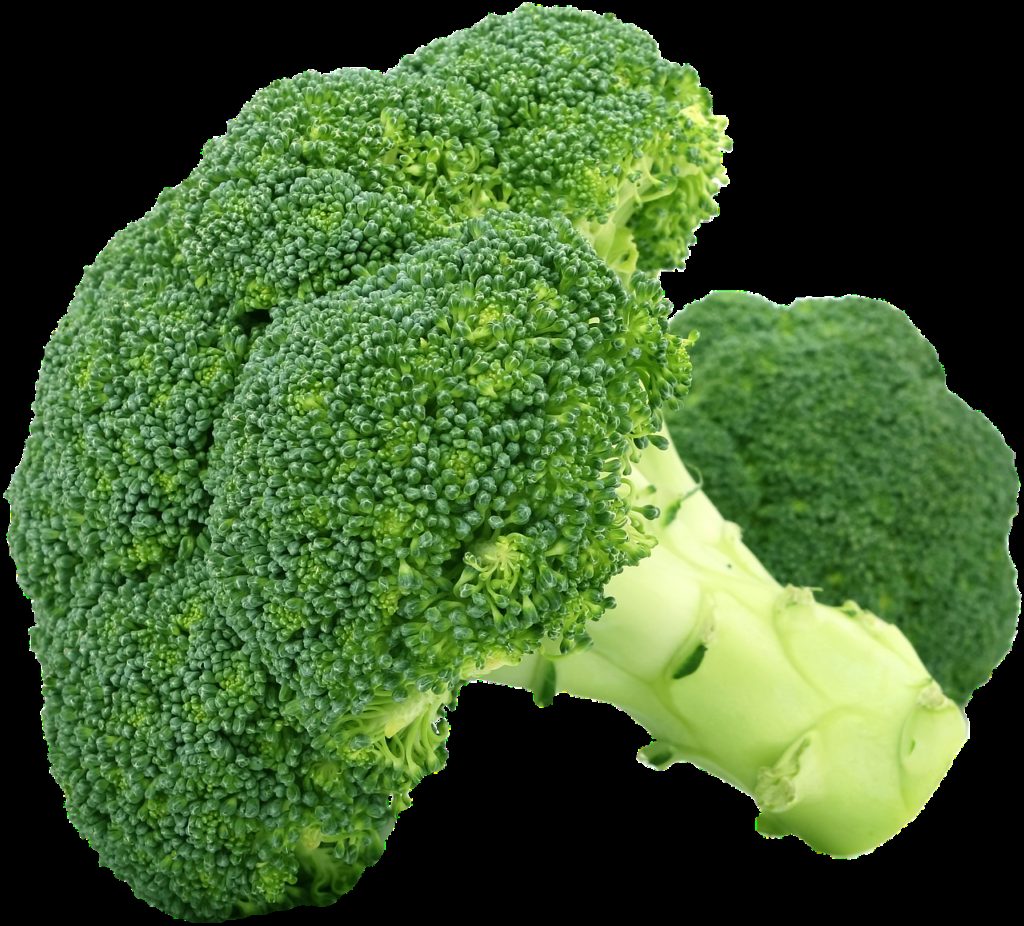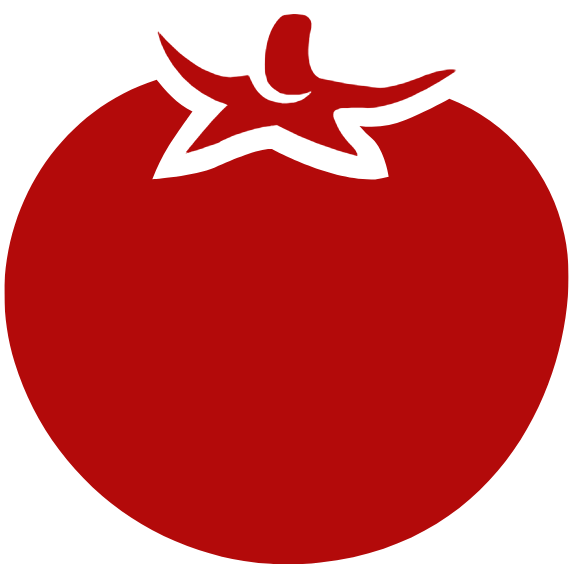Broccoli the Healer
Broccoli is the superfood that strengthens your immune system against pathogens like viruses and bacteria, fights free radicals to reduce oxidation (your aging and “rusting away”), heart disease, and even prevents and treats cancer.1
How does broccoli do this? Sulforaphane to the rescue
Lymphocyte white blood cells, part of the immune system, in the intestinal layer of your gut protect against pathogens like viruses, an important consideration in dealing with COVID and other diseases. These lymphocytes are covered with Aryl Hydrocarbon Receptors (AHR) that activate the lymphocytes to protect against pathogens. This activation is caused by Sulforaphane which is created by the enzyme Myrosinase when it is mixed with the Sulforaphane precursor Glucoraphanin. This mixing takes place when you chop fresh cruciferous vegetables like broccoli or chew them so the mixing can take place in the stomach.
Problem: Cooking broccoli can prevent the creation of Sulforaphane
The problem is that the Myrosinase enzyme that creates Sulforaphane is destroyed by cooking. So, without Myrosinase there is no Sulforaphane and you lose the benefit of eating broccoli. The solution is to eat broccoli raw, or chop it and let it sit for 40 minutes before cooking, or add mustard powder which already has Myrosinase because it has been ground.2 Then cooking broccoli will not affect sulforaphane content because it has already been created. Also, because frozen broccoli is blanched before freezing to deactivate enzymes it is a good idea to add mustard powder before cooking to create Myrosinase.
For health, think Cruciferous
Cruciferous veggies like broccoli are called this due to the cross-shaped format of their leaves. While broccoli is a major player in health, other cruciferous vegetables have similar benefits such as cauliflower, Brussels sprouts, bok choy, kale, spinach, arugula, and cabbage. The darker the colors, the more antioxidants because the pigments are antioxidants. For example, dark green veggies are ideal, and red cabbage has more antioxidants than white cabbage. All cruciferous vegetables provide a host of health benefits like essential vitamins, minerals, protean, and fiber, so be sure to add them as a major part of your diet.
1. L Ferrarini, N Pellegrini, T Mazzeo, C Miglio, S Galati, F Milano, C Rossi, A Buschini. Anti-proliferative activity and chemoprotective effects towards DNA oxidative damage of fresh and cooked Brassicaceae. Br J Nutr. 2012 May;107(9):1324-32.
2. Greger M, Stone G. How Not to Die. New York, NY: Flatiron Books; 2015:306.


